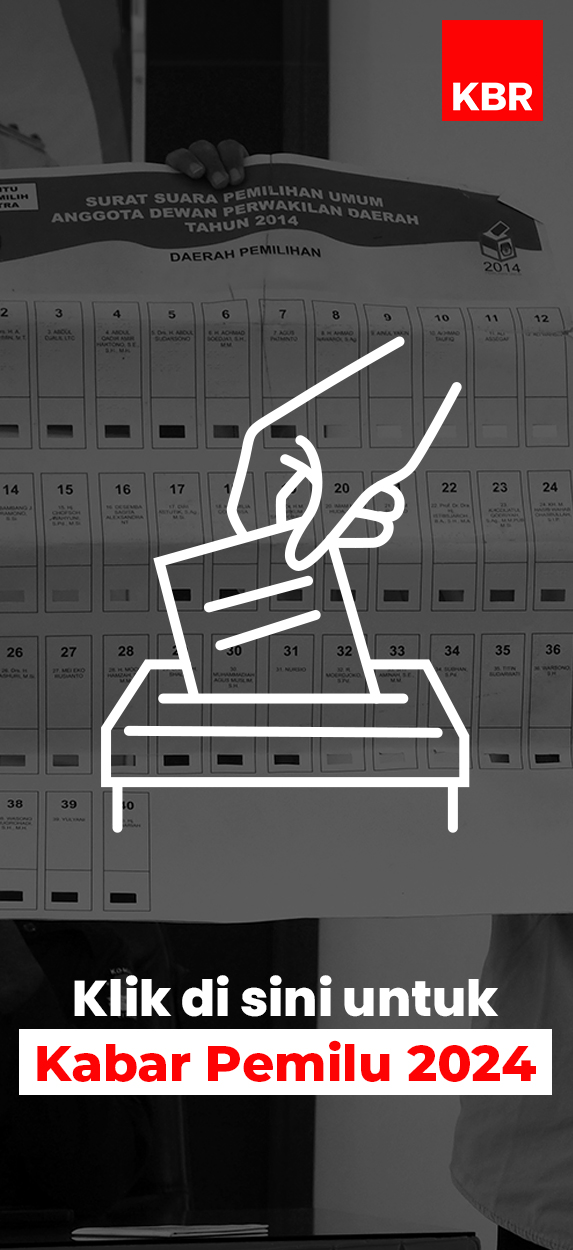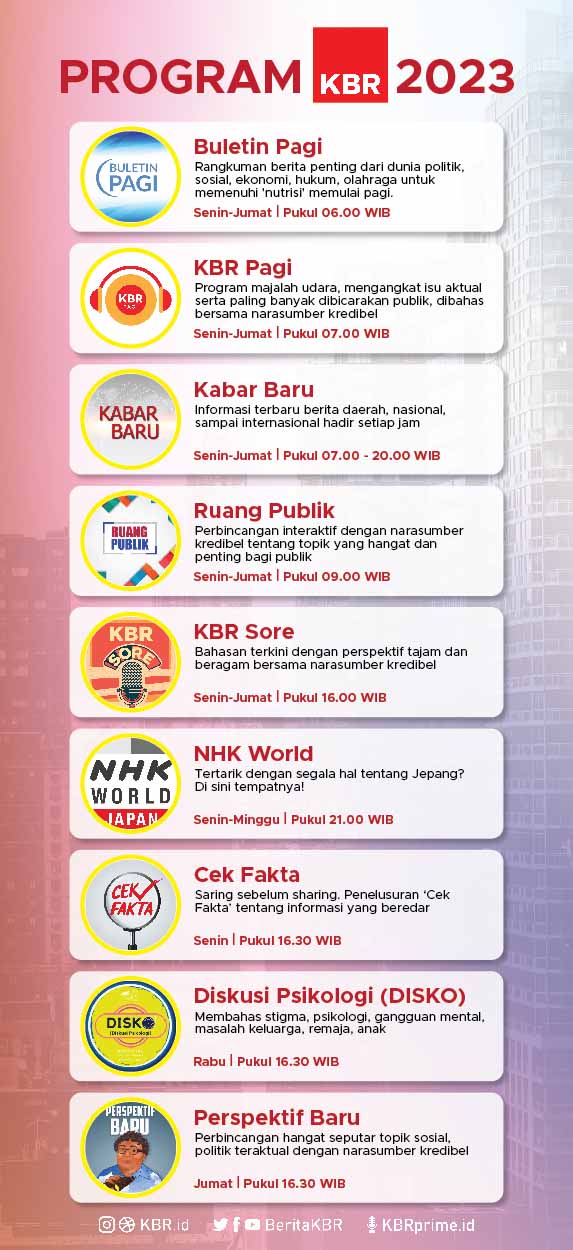Malaysians go to the polls this month in a tight national election.
Both coalitions have promised a range of incentives to Malaysians across all divides - from different ethnicity to gender.
One strata of society, however, seems to have been neglected... Lesbians, Gays, Bisexuals and Transgender people who are illegal in Malaysia.
“I think they see us as a minority and a negligible minority,” says Angela Kuga Thas, co-founder of Seksualiti Merdeka.
“Most of the votes, at least in the last elections, those who have won, have won on a very small majority. And that’s three to ten percent. In terms of global statistics, we make up, a national population of 3-10%. We are like the dark horse in terms of voters.”
At one demonstrastion, protesters are holding placards that say “No lesbians! No Gay! No Bisexual! No transexulas!!”
Malaysia's treatment of the lesbian, gay, transgender and bisexual community have thrust the nation in the international spotlight many a time.
From guidelines to detect homosexuality to anti-gay musicals to blatant persecution... many in the LGBT community feel Malaysia still has a long way to go before it can truly preach equality.
“We don’t go around killing people. We don’t go around harming anyone,” says this one gay person.
“So I believe that gays and lesbians should be given a chance to live life, the way we deserve – like everybody else.”
In Malaysia, being homosexual can get you into trouble with the law... even more so if you are Muslim, says Angela.
“Under the civil law, there is the section 377 – largely criminalizing the act of sodomy. That could be used against homosexuals. Under Shariah Law it is a little more comprehensive, it targets sodomy, liwat and musahaka or lesbianism, as well as the identity of transgender people. This Shariah laws defer across states – and it is problematic because some of the shariah laws target their identities. For example if they are perceived as male dressing as female impersonating or posing – they can be arrested without doing anything immoral or wrong per say in terms of the law.”
This year, a government-backed musical called “Asmara Songsang” was produced and staged in schools and universities nationwide. The rationale behind the production was to educate the public on the growing influence of the LGBT community.
As the general election approaches, LGBT voters have to make a choice between two coalitions that both have members who've openly criticized their way of life.
“We have seen politicians who have tried to stand on principals despite it opening up a can of worms within the party. They have been sidelined and made to leave politics all together,” says Angela.
But this one gay voter believes that the government is still good in handling the issue.
“They are not directly supporting LGBT but I do not think that they are directly against the group. We are still here today, and we are still living out lives…” he adds.
But does this affect his decision to vote?
“I am happy with how the perception is here, I am not going to ask too much because we know our position. It is not too bad as compared others, up to the point that we can’t survive,” he says.
There are members of Malaysian public, however, who think change is needed.
“Yeah this is something that shouldn't be criminalized. What people do behind closed doors, is none of our business.”
So how can Malaysia better address the needs of the LGBT community moving forward?
“I think whichever government that comes into power, educates themselves, and start living in terms of principles in terms of governance and need to stand on the fact that everybody needs to have equal human rights,” says Angela.







